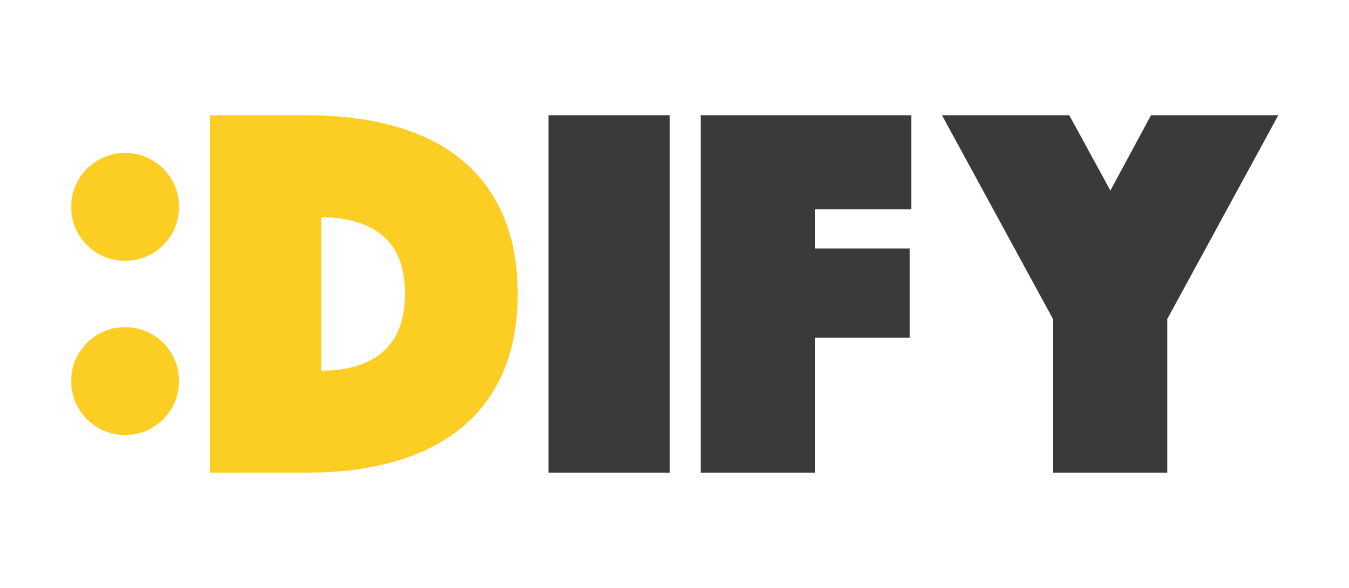How Your Brand Can Invest In Esports
In recent years, esports has emerged as a new frontier for companies to reach younger and tech-savvy audiences. With millions of viewers and participants worldwide, esports has become an attractive platform for companies to market their products and services.
Here’s a list of some of the ways that companies have partnered with esports to deliver campaigns:
Sponsorships
One of the most common ways companies use esports marketing to generate revenue is through sponsorships. Brands can sponsor esports teams or individual players, providing financial support in exchange for exposure to their brand. This can include branding on team uniforms, social media posts, and event signage.
One successful example of an esports sponsorship is Coca-Cola's partnership with the Overwatch League. Coca-Cola became the official beverage sponsor of the Overwatch League, providing branded beverage coolers, cups, and vending machines at events. The partnership also included a "Coca-Cola Victory Moment" highlight clip that played after each game win.
2. Advertising
Another way companies can generate revenue through esports marketing is through advertising. Brands can advertise during esports events, either through traditional TV-style commercials or through in-game advertisements. These ads can reach a large and engaged audience, often with a specific demographic that aligns with the brand's target market.
An example of successful esports advertising is Nike's partnership with League of Legends team ‘FunPlus Phoenix’. Nike created custom jerseys for the team and featured them in an ad campaign titled "Dribble & Carry" that showcased the team's skills both on the court and in the game. The campaign reached millions of viewers and helped Nike gain exposure among the esports community.
3. Merchandising
Companies can also generate revenue through merchandising related to popular esports teams or players. This can include everything from t-shirts and hats to mousepads and gaming peripherals.
An example of successful esports merchandising is Fnatic's partnership with computer hardware company MSI. The partnership resulted in a line of custom gaming laptops, featuring Fnatic's branding and colours. The laptops sold out within minutes of being released and helped both Fnatic and MSI gain exposure among the esports community.
4. Endorsements
Finally, companies can generate revenue through endorsements from esports players or personalities. Brands can pay esports players or personalities to promote their products or services. This can include sponsored content on social media, in-game product placement, or even collaborations on custom products.
One example of endorsements between esports players/companies and companies is the partnership between the professional esports organisation Team SoloMid (TSM) and the energy drink company Red Bull. As part of their partnership, Red Bull sponsors TSM and its players, providing them with energy drinks and other products to help them stay focused and perform at their best during competitions. In return, TSM promotes Red Bull on its social media channels, website, and during live streams of its matches.
Through sponsorships, advertising, merchandising, and endorsements, companies can generate revenue and gain exposure among the passionate and dedicated esports community. With the rapid growth of esports, it is clear that esports marketing will continue to be a lucrative platform for companies looking to connect with younger consumers.
If you’re looking to break into the esports market, why not work with a company that already has close ties in the industry? DIFY has worked with a plethora of esports teams and companies, and we can provide you with access to some of the top KOLs in the industry.
Simply contact us by clicking on the link below, and we’ll get back to you with a free consultation!





